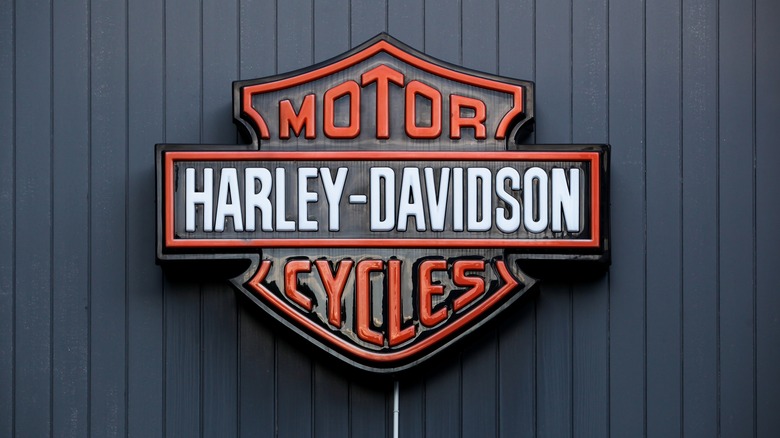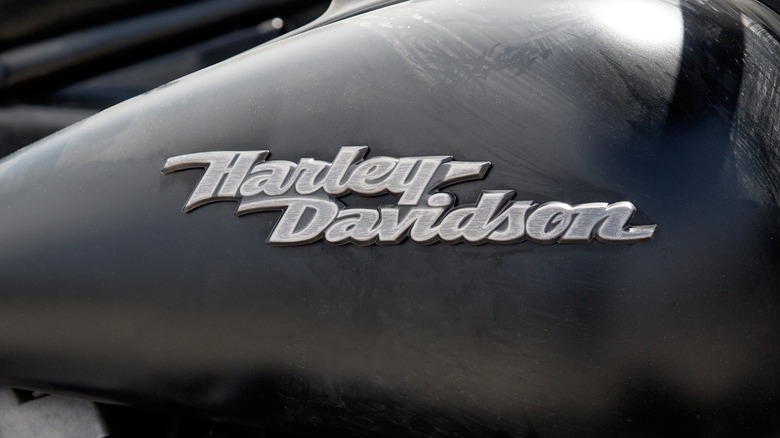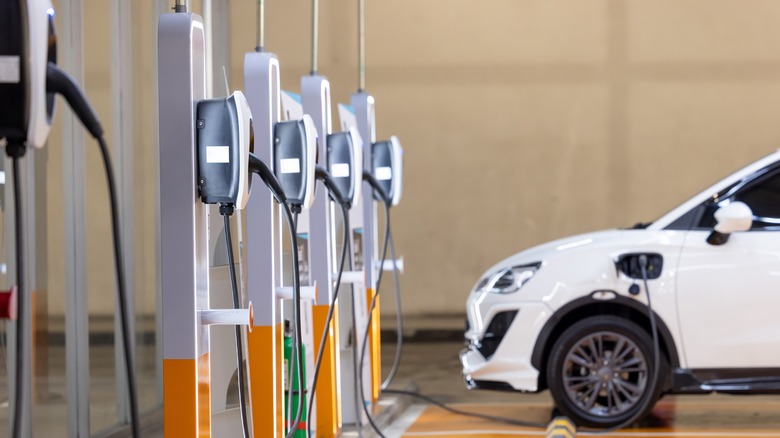Is Harley-Davidson Going All Electric? What To Expect From Future Models
Founded in 1903 by William Harley and Walter, Arthur, and William Davidson, Harley-Davidson is a famous American brand with a massive presence all around the world. For most people, when they hear the words Harley-Davidson, the first thing that comes to mind is powerful, loud, roaring motorcycles — and Harley-Davidson has indeed produced some of the most iconic motorcycles in history. However, this perception could change in the not-so-distant future.
With an estimated market cap of nearly $5 billion, Harley-Davidson is also a thriving company that is always looking for ways to innovate, expand, and enter new markets. Out of both necessity and ambition, Harley-Davidson might become all-electric at some point. As unlikely as that may seem, Harley-Davidson CEO Jochen Zeitz appears set on making it happen.
What exactly does that mean? Will Harley-Davidson actually switch to producing exclusively electric motorcycles and, if yes, when will that transformation take place? There is no need to speculate, Zeitz addressed these questions in a recent interview. Here's what he had to say.
Harley-Davidson CEO confirms shift to electric
Speaking with Dezeen, Zeitz said that "at some point in time, Harley-Davidson will be all-electric." He noted, however, that this is a "long-term transition" and "not something you do overnight."
"It takes decades, right? But you have to also think in decades rather than just thinking about what year and the short-termism that everyone is exposed to as a public company," he continued.
Stressing that Harley-Davidson will always celebrate its past, Zeitz noted that this transformation is necessary and in line with the company's commitment to innovation. "Now, like the founders did at the time by trying to reinvent or invent something unique, that's obviously something that we as a company brand need to do as well," Zeitz said.
The CEO of Harley-Davidson noted that the line of LiveWire motorcycles is a step in this direction. The first LiveWire electric motorcycle hit the market in 2019. Harley-Davidson is the majority owner of LiveWire, a separate corporate entity. LiveWire aims to sell 100,000 bikes by 2026, which would allow it to reach $1.77 billion in annual revenue.
Is widespread EV adoption a realistic goal?
According to the National Renewable Energy Laboratory (NREL), estimates suggest there will be between 30 and 42 million electric vehicles on the road in the United States by 2030. Major companies like Harley-Davidson are investing resources in developing electric models, which certainly bodes well for EV advocates. Government subsidies (or lack thereof) will play a major role as well, and potentially determine the pace of the transition to widespread EV adoption.
But not everyone is an optimist. In fact, some experts believe much more could be done to accelerate the process. Dr. Laine Mears, Automotive Manufacturing Chair at Clemson University, recently told SlashGear that government incentives might actually be hurting EV adoption. According to Mears, the incentives that are currently in place are not doing enough to make EVs more accessible to the average person, which is inadvertently creating a "never again" sentiment among consumers. As SlashGear previously noted, polling suggests Americans interested in EVs have concerns about costs, range, and the availability of public charging stations.


